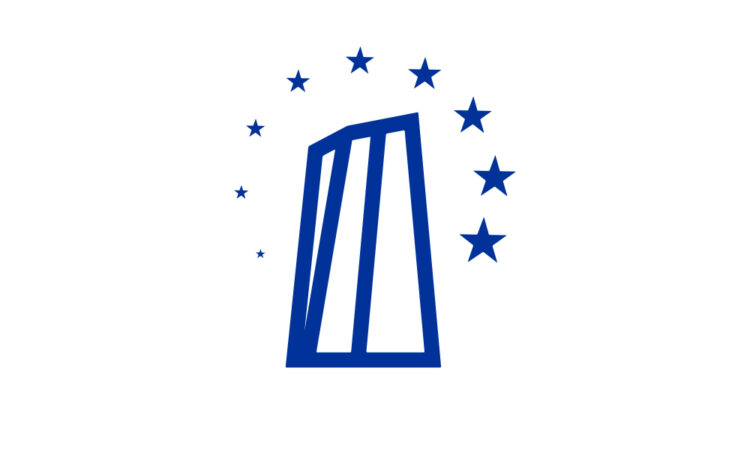
The European Monetary Cooperation Fund (EMCF) was established in 1973 to increase cooperation between Member States working towards Economic and Monetary Union. It operated from Basel, with the Bank for International Settlements (BIS) providing essential administrative and technical support.
The EMCF’s primary aim was to promote the progressive narrowing of fluctuation margins between the various Community currencies through the operation of the “Currency Snake”. It also monitored interventions in foreign exchange markets in Community currencies and was responsible for the administration of short-term financing and settlements between central banks, leading to a concerted policy on reserves.
As of 1976 the EMCF was also responsible for the administration of Community loans to support the balance of payments of certain Member States. From 1979, with the introduction of the European Monetary System and the European Currency Unit (ECU), the EMCF carried out all tasks related to the creation, use and remuneration of ECUs.
The EMCF’s Board of Governors consisted of the central bank governors who were on the Committee of Governors plus a member from the European Commission. Following its first meeting on 14 May 1973, the Board appointed the BIS as Agent to carry out the EMCF’s operations in accordance with the relevant directives.
The EMCF was dissolved on 1 January 1994, when its roles were taken over by the European Monetary Institute (EMI), while the BIS continued to act as Agent for a transitional period until 15 May 1995.
The EMCF fonds consists of approximately 14 linear metres of textual documents. These include directives, decisions and files from meetings of the Board of Governors, reports and notifications from the BIS in its role as Agent, and documentation about the foundation of the Fund and the Community loans for Greece, Italy and France. The documents predominantly cover the period from 1973 to 2002 (with some copies of documents from 1953) and are mostly in English, French and German.
Browse the content below to find documents that are available digitally.






